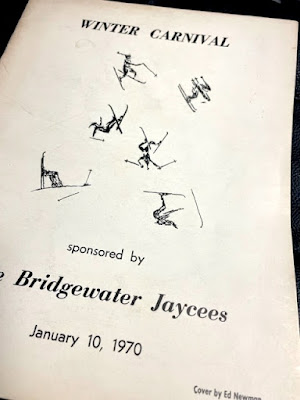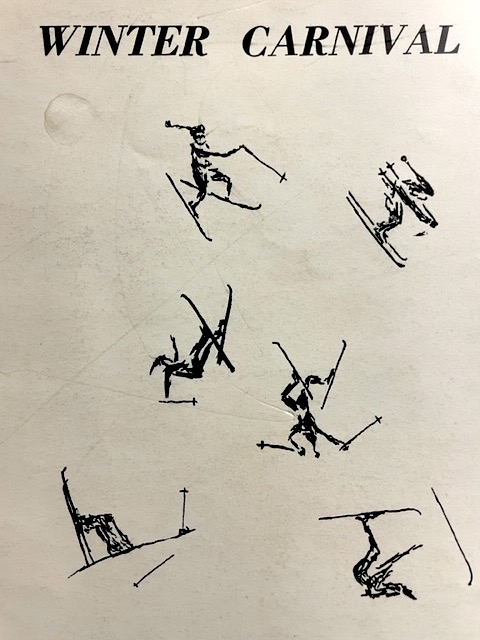 |
| Jimmy Buffet (foto Gary Firstenberg) |
This morning I read that actor Tom Wilkinson, who played major roles in two of my favorite films--The Ghostwriter and Michael Clayton--died yesterday. This prompted me to see who else left us behind this year.
Entertainment Week has a very long page of celebs with photos and mini-bios, which I skimmed through just now. Many who left us were in their 80s and 90s, and a few over 100. It's sad to read of others who died in their fifties, or earlier.
Here are some of the many whom we no longer have among us, with a comment or two of my own as they relate to my own life.
Bob Barker was the host of The Price Is Right for oh so many years, an all around nice guy, so it was hilarious when he got into a rough-and-tumble fist fight with a hot-headed Adam Sandler in Happy Gilmore. Barker was 99 when he died.
Tony Bennett was one of many crooners who emerged before my time, whom I actually had little interest. But like the little engine that could, his longevity and vocal chords resulted in many accolades. It caught my attention when he recorded with Amy Winehouse, whose music was introduced to me by my son.
I discovered author Cormac McCarthy via a pair of audiobooks at our Duluth Public Library, one of these being No Country For Old Men which I read ten months before it became a film. This fall I devoured Blood Meridian, a book like no other that I have ever read, brutal and dazzling. McCarthy was 89.
There were two Robertsons who passed this year. Pat Robertson, the Christian media personality/founder of the 700 Club, and Robbie Robertson, who made a name for himself with The Band, Bob Dylan's backing group during that famous mid-Sixties world tour. Controversies swirled around each, but I'm not going to get into it.
Tina Turner died this year, definitely a force. She overcame a lot to get where she got.
Cleveland Browns fullback Jim Brown was my hero as a kid growing up in Cleveland and one of the NFL's greatest running backs. (I could make a case that he was indeed the greatest.) In 1963 I got a Jimmy Brown football card for the first time in years of trying. Unfortunately, my brother Ron was shoplifting football cards from the Klir's store and my mother punished him by burning ALL of our football cards. I saved Jim Brown from the fire and slid the card between the cinder blocks in the wall of the garage. Though irretrievable, he was at least preserved from being burned.
Gordon Lightfoot died this year. A Canadian singer/songwriter he never achieved the acclaim of a Bob Dylan, but definitely wrote a lot of excellent songs. In college "If You Could Read My Mind" was a track that repeated itself in my mind. Gord's Gold was listened to much over the years.
Actor and singer Harry Belafonte was born in Harlem to Jamaican-born parents. His daughter produced a documentary about his career, which included his work in the civil rights movement. Bob Dylan played harmonica on one of Belafonte's albums, Dylan's first paid recording gig in the Big Apple.
Al Jaffee was a cartoonist for Mad Magazine for six decades. When I was a kid the satirical mag only cost a quarter. One time in the early Sixties I bought a box of them for a penny apiece at a sidewalk sale in Mapletown. How cool is that? Jaffee was 102 when he passed.
Raquel Welch was one of those sex symbol heart throbs that Hollywood would thrust onto posters to the delight of teenage boys. She was 82 when she died this year.
Gina Lollobrigida was an Italian sex symbol from a decade earlier who died at age 95 this year. I doubt I ever saw her in a movie and couldn't even say I knew what she looked like, nor did I have any fantasies about her. I only recall that her name sounded sexy.
David Crosby of CSN&Y passed away this year. If you ever compete in a Bob Dylan Trivia Contest, DC is the answer to the question, Who was Bob referring to in his song "Day of the Locusts"? Crosby was 81.
Lisa Marie Presley was only 54 when she died this year. Only child of The King, it must have been hard growing up in that world.
Jeff Beck was once dubbed one of the most influential guitar players in rock history by Rolling Stone magazine. Eight or ten years I go I obtained permission from Beck to use one of his collector cars in one of my ads for AMSOIL. I'm half curious where his car collection is today.
My brother Ron and I used to enjoy watching the TV show The Man from U.N.C.L.E. I would pretend I was the Robert Vaughn character Napoleon Solo, and he would be Illya Kuryakin, played by David McCallum who died this year just six days after his 90th birthday.
Everyone remembers Burt Young as Paulie in the Rocky series of films starring Sly Stallone. I remember him for his role in the perfectly crafted Polanski film Chinatown, starring Jack Nicholson and Faye Dunaway.
I once performed Margaritaville, by Jimmy Buffet in a celebrity fundraiser at the Sports Garden here in Duluth. Backed by a live band and patterned after one of those TV shows where you're critiqued (lacerated) publicly, I chose the song that Roger Reinert had intended to select. Roger, a state legislator, is now Mayor of Duluth. I wasn't the first time I competed against local mayors. 15 or more years ago I beat the mayors of Hermantown, Duluth and Superior in a celebrity race at Proctor Speedway. Buffet, who was born on Christmas Day, would have been 77 had he not passed away in September.
* * *



















